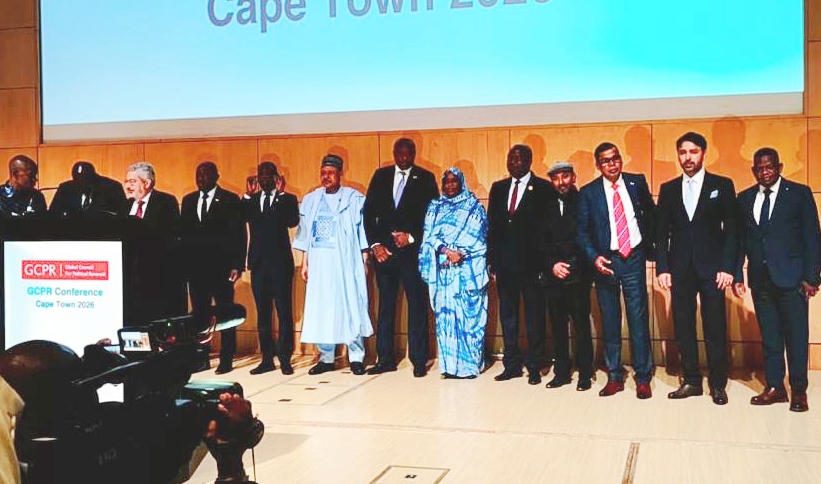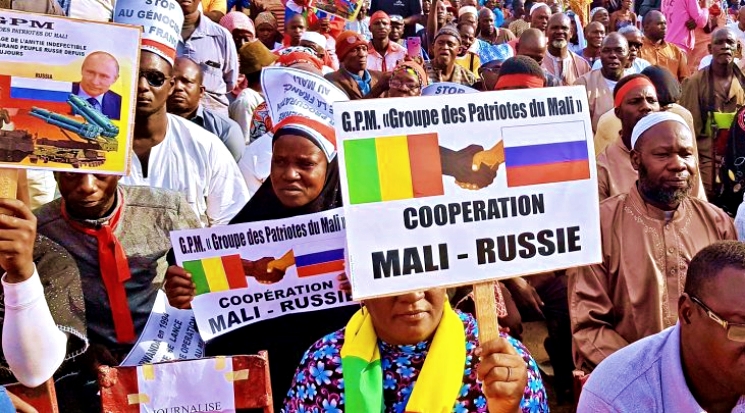Gambiaj.com – (BANJUL, The Gambia) – The African continent faced an unprecedented array of security challenges in 2024, as unresolved conflicts, violent extremist insurgencies, foreign exploitation, and natural disasters converged to destabilize already fragile regions. This grim assessment, illustrated by a new report from the Africa Center for Strategic Studies, underscores the escalating pressures threatening governance, livelihoods, and societal cohesion.
Militant Islamist Violence Surges and Forced Displacement at Historic Highs
The Sahel region remains a flashpoint for militant Islamist activity, with fatalities tripling since 2020 to nearly 11,000. Groups such as the Jama’at Nusrat al-Islam wal-Muslimin (JNIM) and the Islamic State in the Greater Sahara (ISGS) have expanded their grip across Mali, Burkina Faso, and Niger. Alarmingly, Sahelian military juntas and allied forces have been implicated in over 2,400 civilian deaths, surpassing fatalities caused by extremist groups.
The violence is spilling into West Africa’s coastal states, which recorded over 500 extremist events near their borders in 2024, compared to just 50 in 2020.
Africa’s displaced population has grown for the 13th consecutive year, reaching a staggering 45 million. This includes 34.5 million internally displaced persons, representing 48% of the global total. The relentless conflicts driving these displacements, particularly in Sudan, Niger, and the Democratic Republic of Congo, highlight the continent’s struggle to address its growing humanitarian crises.
Military Juntas and Democratic Backsliding Influenced by External Actors
2024 marked a continued decline in democratic governance. Military juntas in Burkina Faso, Chad, Guinea, and Mali delayed elections, entrenching authoritarian rule and contributing to deteriorating security conditions. Violent incidents and fatalities have soared, particularly in Niger, where extremist-linked fatalities are projected to increase by 60%.
Foreign powers, including Russia, China, and Iran, have exacerbated Africa’s challenges through disinformation, election interference, and support for authoritarian regimes. Russia, in particular, has leveraged mercenaries and media manipulation to expand its influence, while China has intensified efforts to propagate its governance model across the continent.
Natural Disasters Compound Crises
Flooding and famine have added a devastating layer to Africa’s security landscape. In 2024, 163 million Africans faced acute food insecurity, with conflict zones bearing the brunt of the crisis. Meanwhile, extraordinary rainfall across 27 tropical nations caused widespread destruction, highlighting the fragility of governance in managing such disasters.
While some nations, like South Africa and Ghana, made strides in countering disinformation and holding competitive elections, these bright spots remain exceptions in a year dominated by insecurity and governance challenges. Strengthening regional collaboration, governance, and resilience mechanisms is critical to reversing the continent’s trajectory of compounding crises.
The report serves as a stark reminder of the interconnected nature of Africa’s security challenges and the urgent need for holistic solutions that address both the root causes and symptoms of instability.










